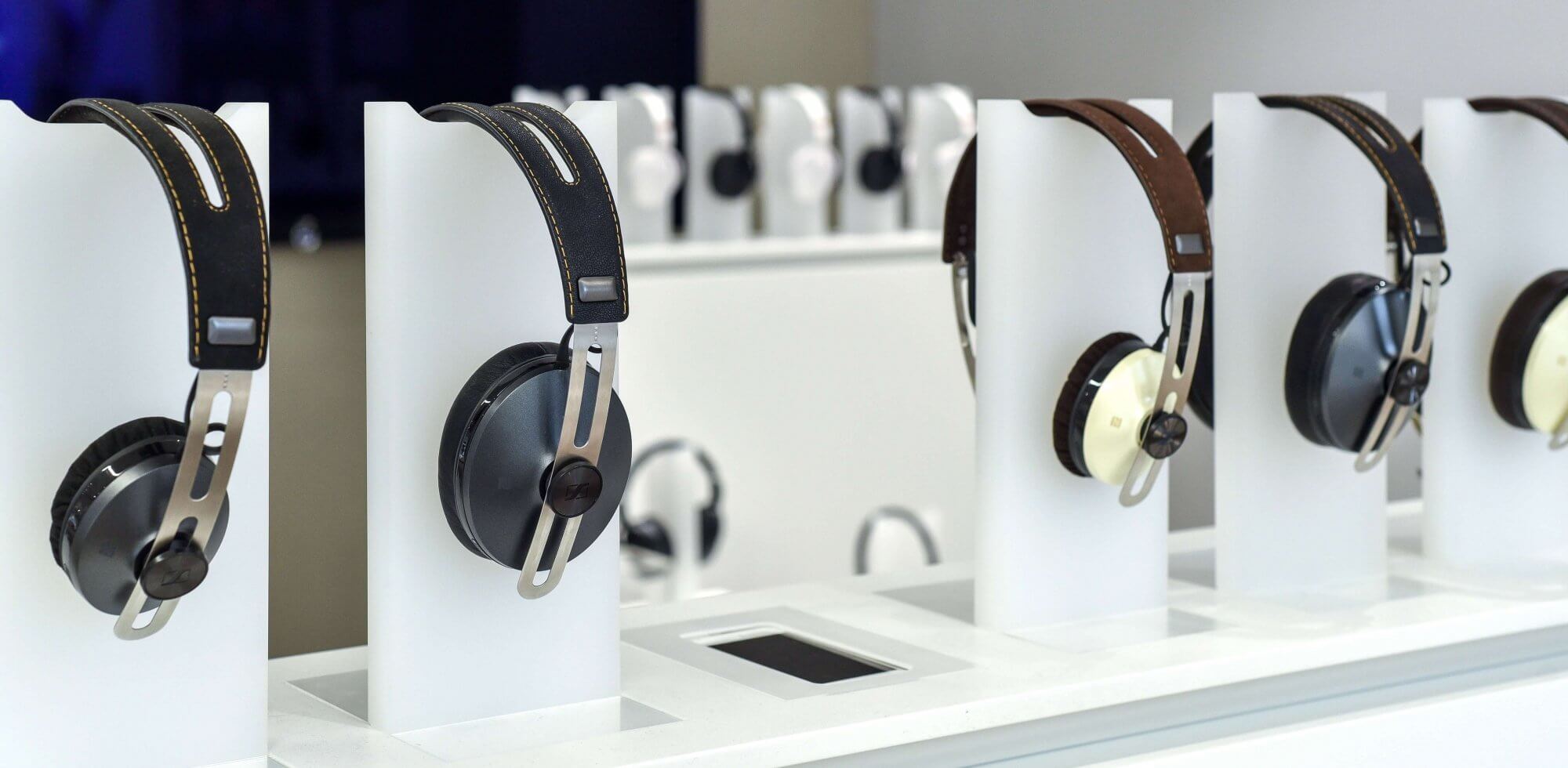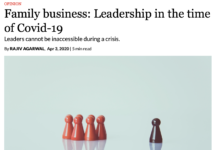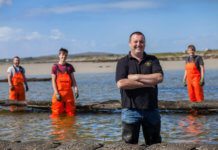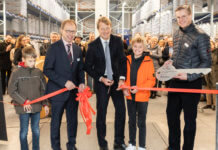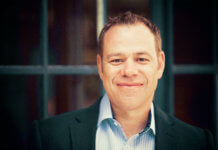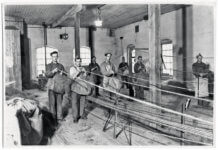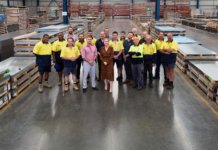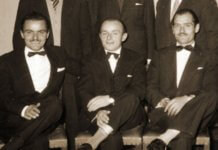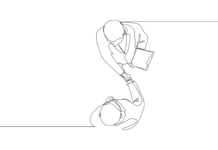For audio enthusiasts and professionals alike, Sennheiser is synonymous with a superior audio experience. Channelling his passion for meticulous design, Prof Dr Fritz Sennheiser, entrepreneur and inventor, founded the company in 1945 to celebrate the profoundly human expression of music in a post-war world.
From developing the first directional microphones in the 50s and open-backed headphones in the 60s to investing in the immersive 3D audio of the future, the family company continuously pushes the limits of innovation as it pertains to the science of sound.
Sennheiser’s successes are defined by the tenets of family ownership. Brothers Andreas and Daniel Sennheiser currently lead the company as co-CEOs, working as a team to build on their family’s legacy of performance and peerless design.
We had the opportunity to talk to Andreas and Daniel Sennheiser and discuss their dual approach to leadership, the significance of business ethics and their expression through a formidable internal culture.
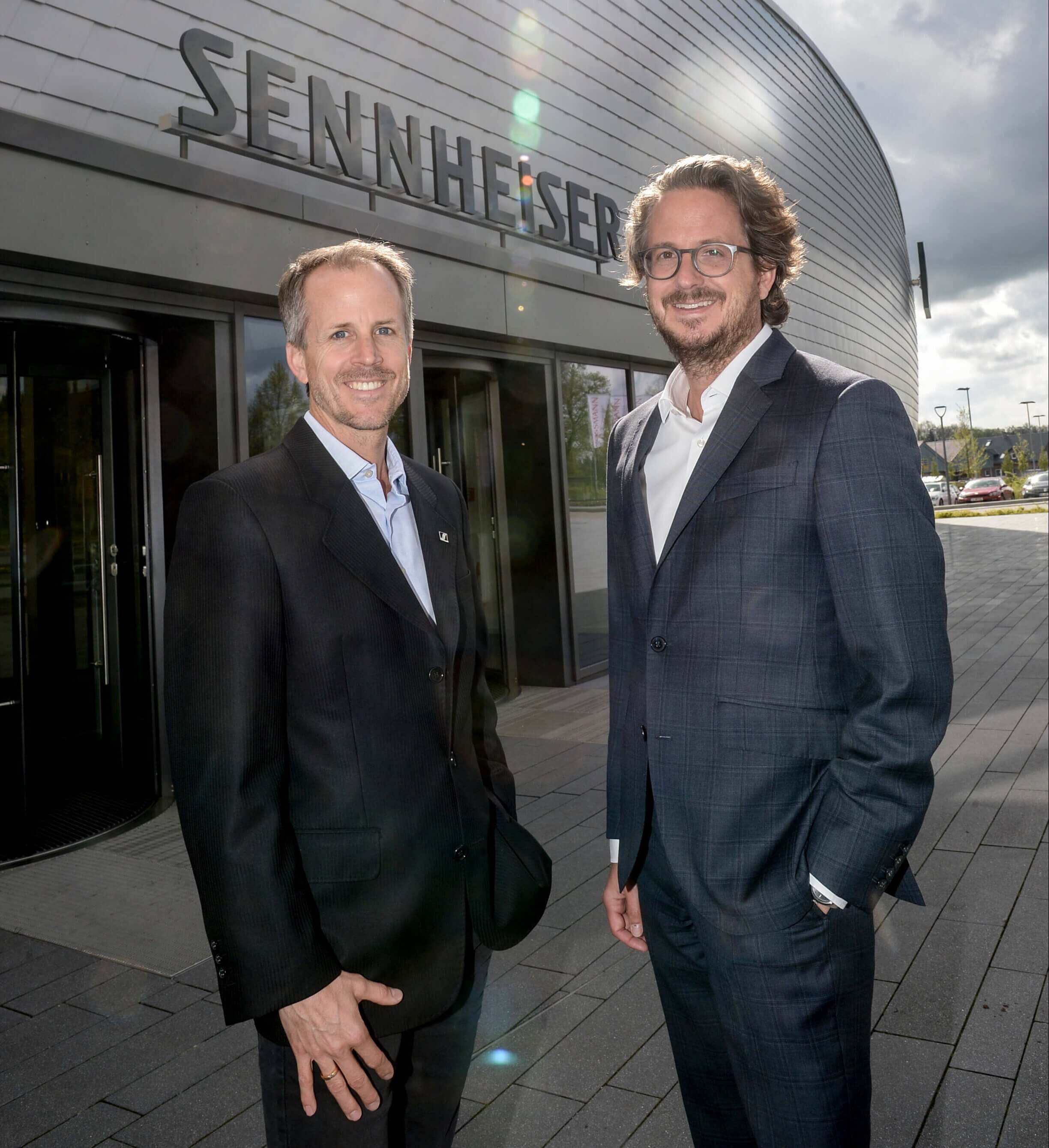
How did your journey with the family business begin?
Daniel: It wasn’t always clear that I would join the family company. In fact, I thought I might never join when I set out to study design and later started working for advertising agencies and then Procter & Gamble in the areas of marketing and design. It took me a while to understand that a family business is much more than just a job.
Maybe I was also afraid of the “finality” a career choice in the family business supposedly represents – you don’t get out before you retire. After talking about it with my father and brother, however, I realised I had a singular opportunity.
In our personalities and approach to leadership, my brother and I complement each other. So, we both joined the family business about 12 years ago. It ‘s one of the best choices I’ve ever made.
Andreas: I was less hesitant having always aspired to join the business. I identified with Sennheiser: both Daniel and I learned several musical instruments, and technology fascinated me when I was younger.
I had to attain qualifications to join, so I obtained a PhD in Electronic Engineering in Zurich and moved on to work for Hilti in Liechtenstein and Austria. When I heard that my brother was interested in applying his brand management expertise to the company, which had been primarily engineering-driven up until then, I felt that I too could add value, and learn a lot in the process.
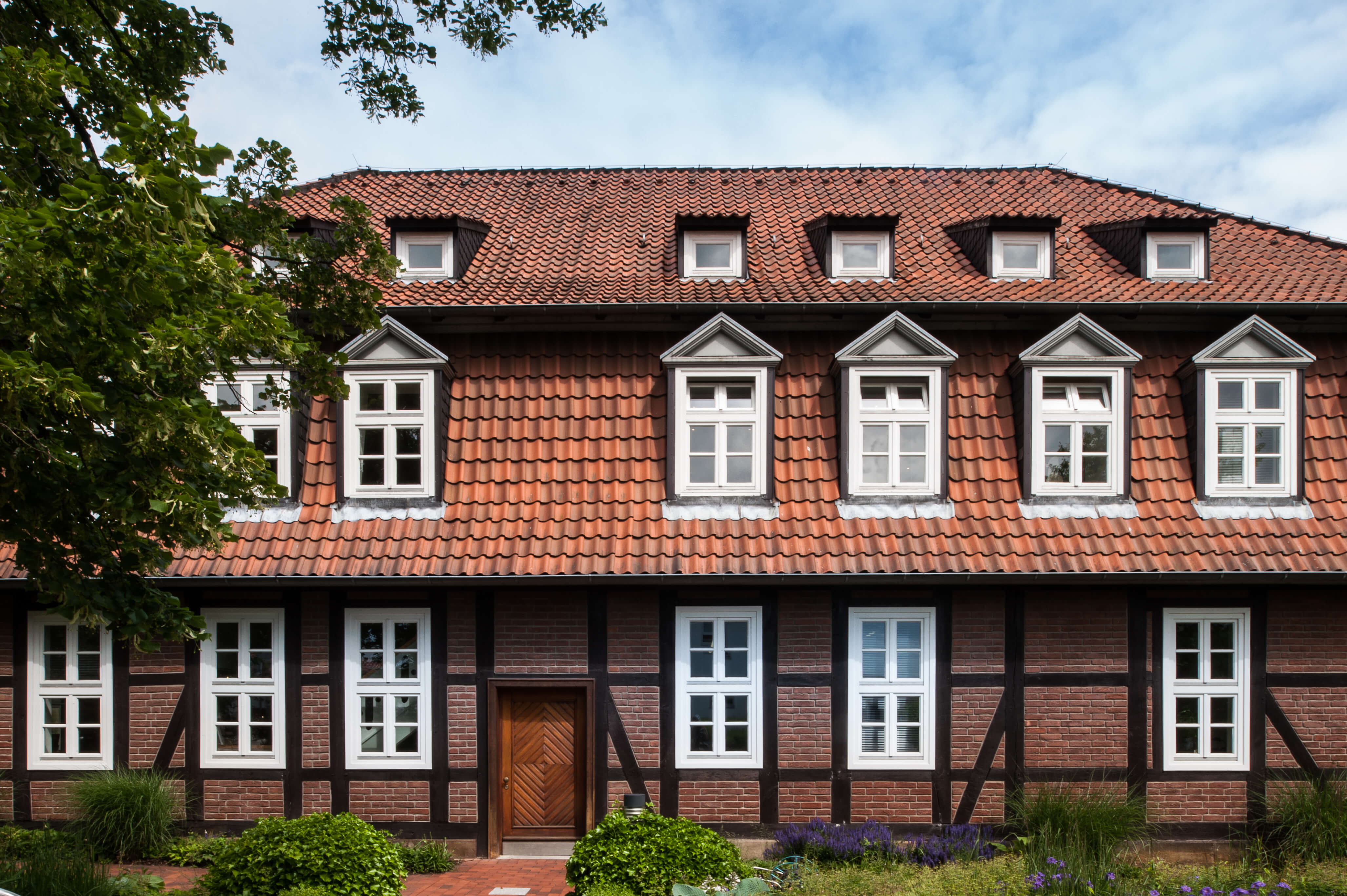
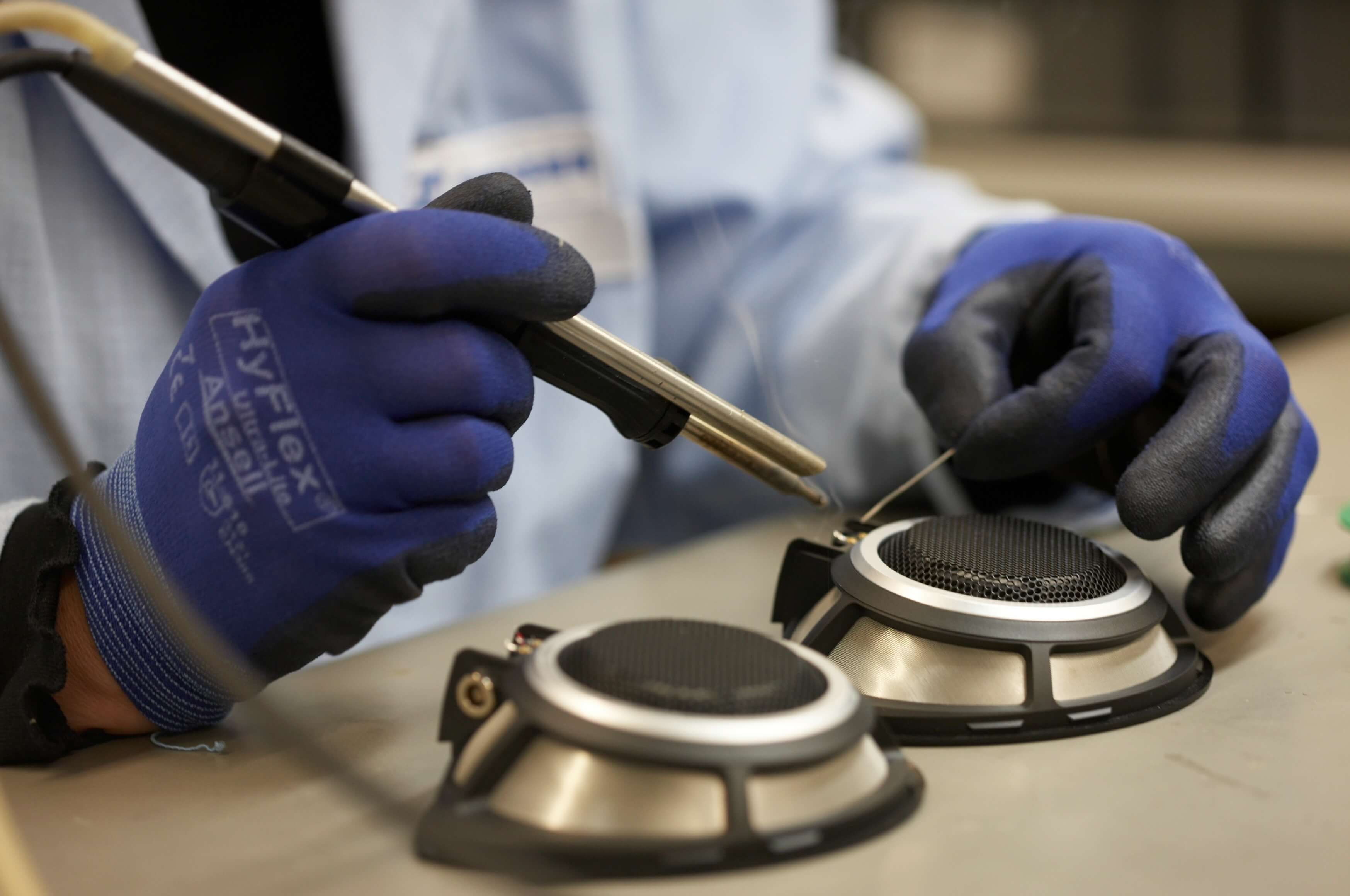
What was it like to finally work together?
Daniel: We both entered at a director level in our areas of expertise. Andreas assumed a role in the supply chain, while I became involved with our innovation department. Later, when we joined the board in 2011, we targeted disciplines outside of our proficiencies to learn more about the company.
We grew from there and discovered how to work together learning to respect and process diverse opinions and ideas. When we started thinking about sharing the position of CEO, however, we struggled to envision how it would work. We discussed several different models until ultimately concluding that the only viable option for us was to become co-CEOs without any clear delineation of responsibility.
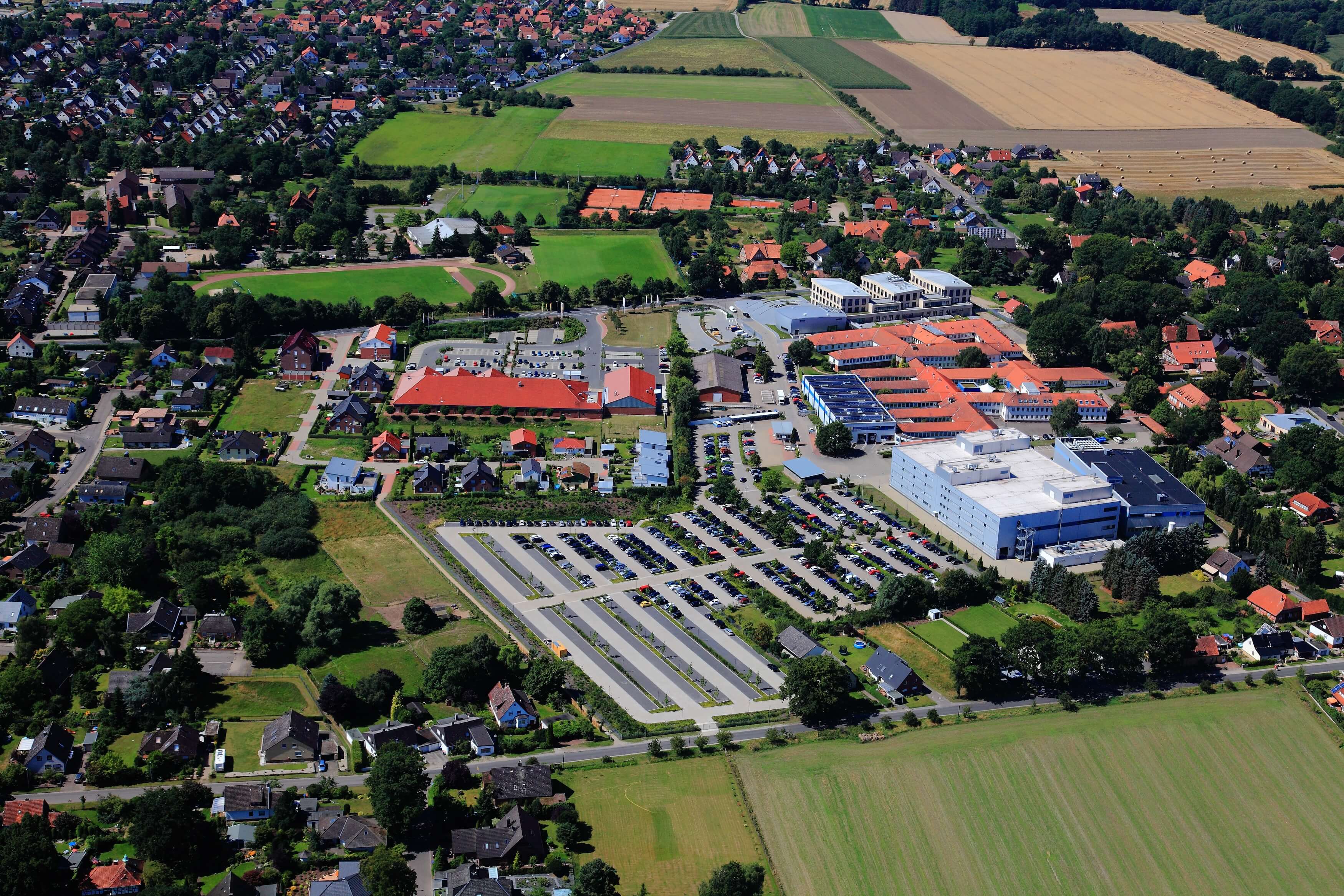
How does your relationship as brothers help you in your shared leadership role?
Daniel: I think we have an advantage through authenticity — we carry the risk together with the employees. Supporting each other as brothers has allowed us to take on more risk than a single leader could. The transformation we initiated at Sennheiser, from brand positioning to making choices on territorial, channel and divisional structure, was supported by the fact that the company’s employees had already learned to trust the family through generations.
Supporting each other as brothers has allowed us to take on more risk than a single leader could. The transformation we initiated at Sennheiser […] was supported by the fact that the company’s employees had already learned to trust the family through generations.
How did you acquaint yourselves with the business and agree on a plan going forward?
Andreas: We gave ourselves some time to just observe, then we compared notes. I looked deeper into operational topics such as supply chain, while Daniel examined our branding and marketing. We explored our options and decided to focus on the company’s culture as one of the first topics. Emphasising creativity and freedom of expression would further complement Sennheiser’s innovative spirit.
We also identified a need to hone our brand positioning and sharpen our focus. There was a time when we worked across too many categories and price points.
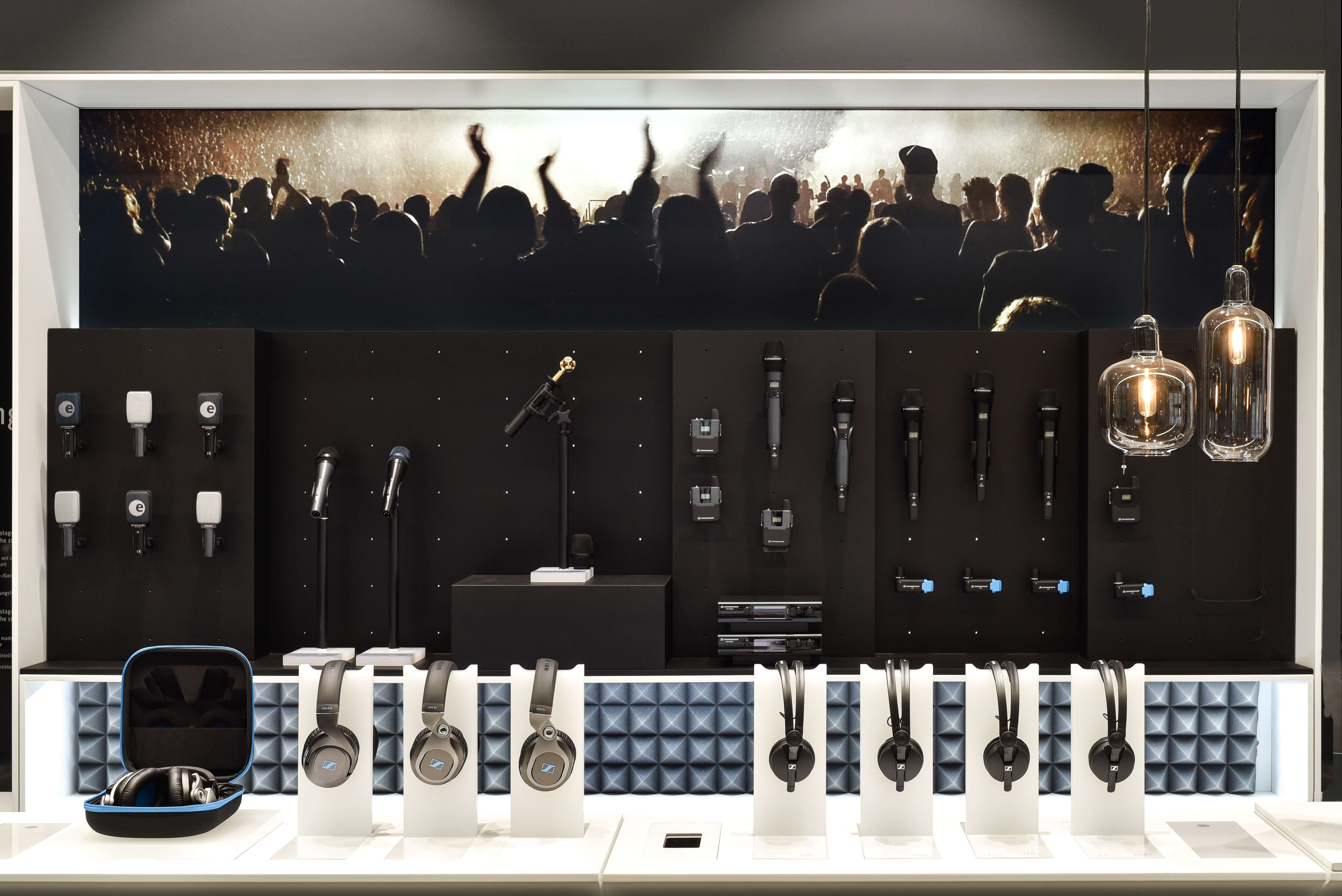
How did the achievements of the first and second generations inform your work?
Andreas: The first generation was characterised by founding and inventing. They were scientists in a post-war market that presented tremendous opportunities for business. That generation also made the shift from pure scientific research for the sake of acquiring knowledge to something that could be applied to business.
The second generation took on internationalisation and client orientation. While my grandfather was adamant against opening subsidiaries because he saw Sennheiser as limited to research, development and manufacturing, our father realised that understanding the customers through consultancy and repair was crucial.
We prioritise collaboration and networking. In the past, our products were stand-alone components. Today, these products are part of an ecosystem, be it the IT system of a university campus, a cloud service or any other interconnected network. Our current aim is full integration with other companies, which requires co-inventing with customers and suppliers. We want to reach out and bring the customer even closer to us.
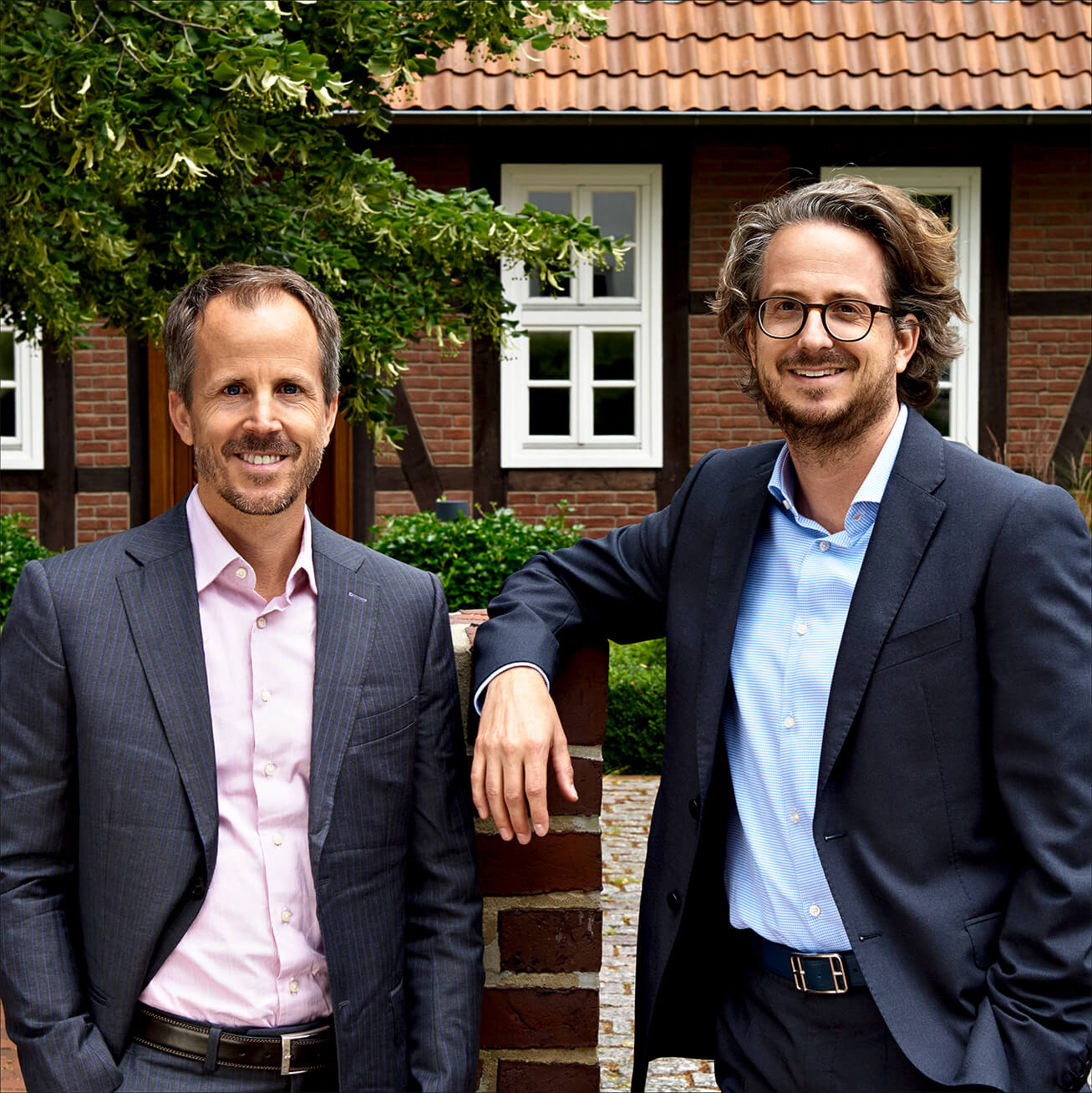
[ms-protect-content id=”4069,4129″]
How has a world of transformative technology impacted your business?
Daniel: The rapid pace of change makes strategic planning even more important. My grandfather was driven by scientific curiosity and a passion for technology. He took a personal financial risk and placed everything he owned against a bank loan for the business after the Second World War.
Nowadays, the situation is far more complex. A clear strategy based on perception as well as passion is essential. Today, we use the collective knowledge of our employees at every level to give us this insight.
On the professional side, the business is equally fast-moving, but reliability remains essential. Our customers are faced with the need to change quickly, and we anticipate the technology moving forward while maintaining unequivocal research standards before going to the next level. Devising explicit strategies to address our presence in specific markets that play to our strengths is paramount.
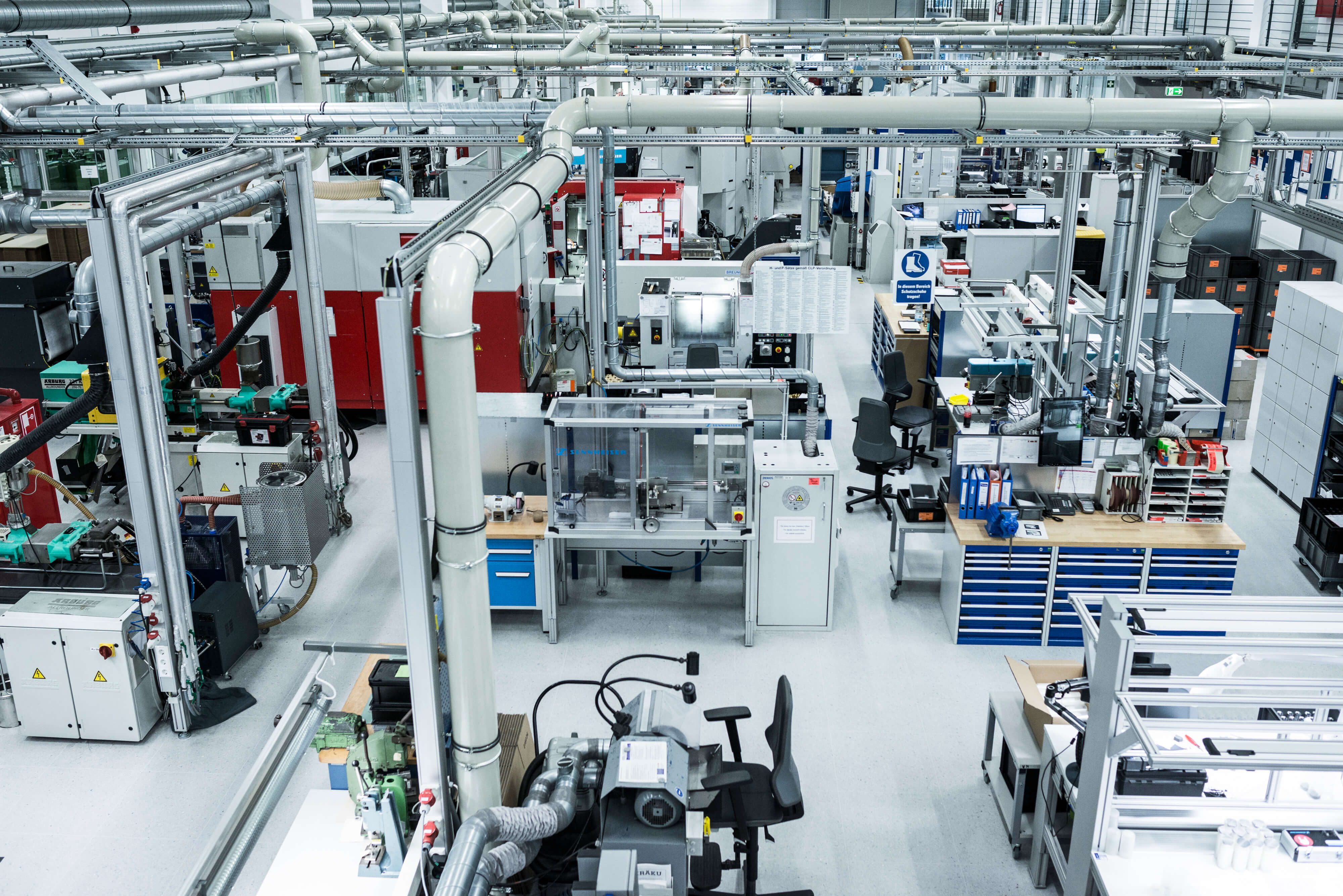
What do you think families need to learn from each other to move their businesses forward in the uncertainty of the current economy?
Daniel: Families must work to further align ethics, strategy, vision and relationships. We make sure we get together regularly to discuss the ethical basis of our decisions.
Establishing the rules of engaging in active management is another crucial step. As the family grows, potential candidates multiply. Family businesses fail when they focus too much on the business and not enough on those who support it. If the interests of the shareholders diverge, then the company is in danger. If the ethical foundation lacks clarity, sustainability is impossible.
Andreas: Ethics also maintains the drive to innovate keeping complacency at bay. Not only does a high ethical standard positively impact the business, there are positive societal implications as well. We’ve all seen what can happen when large corporations abandon ethics. When I think about the future, our primary objective is having a solid company to hand over to the fourth generation.
Families must work to further align ethics, strategy, vision and relationships. We make sure we get together regularly to discuss the ethical basis of our decisions.
Is remaining a family business part of your long-term plan?
Andreas: We wish to remain a family business. However, it’s imperative we maintain agility and successfully meet our targets as well.
Daniel: The ability to make long-term investments sets us apart from non-family businesses. Innovating 3D immersive audio will take years – even decades before generating real returns. We were the first in digital microphones and the only company still in uncompressed digital microphone transmission. Long-term thinking is a competitive advantage; 10–15-year development programs are only possible if you have a clear strategy and vision for the future.
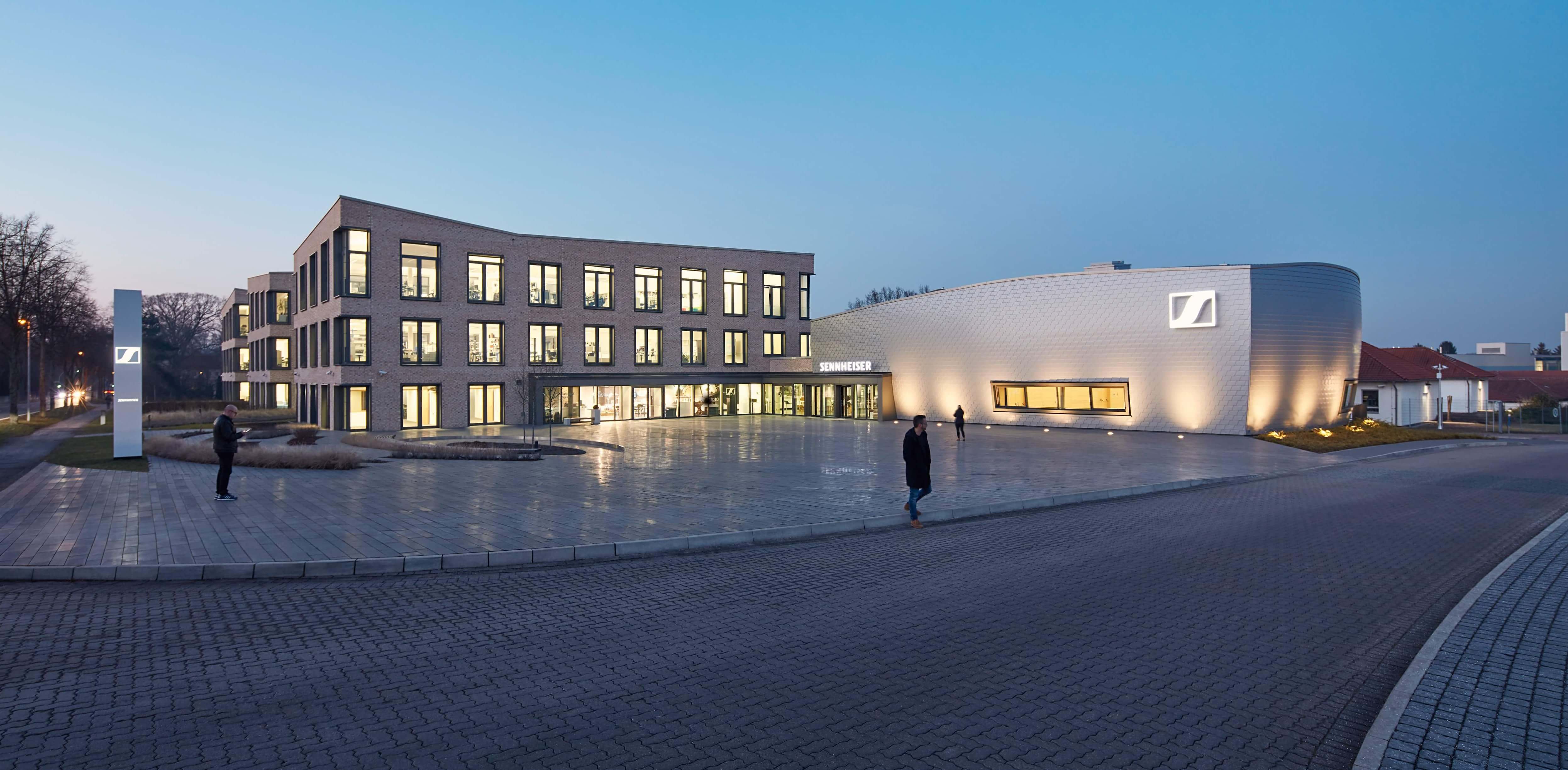
[/ms-protect-content]


